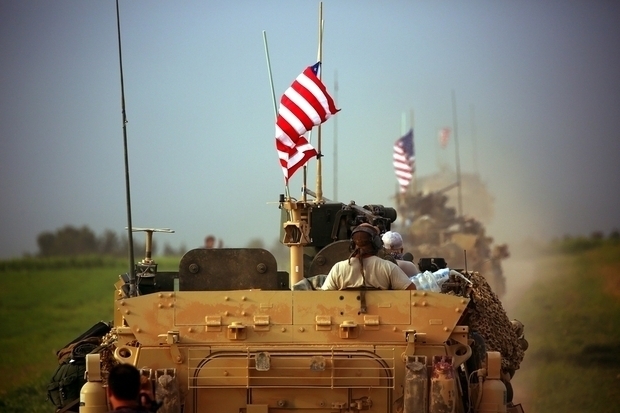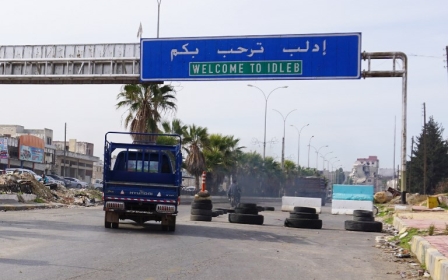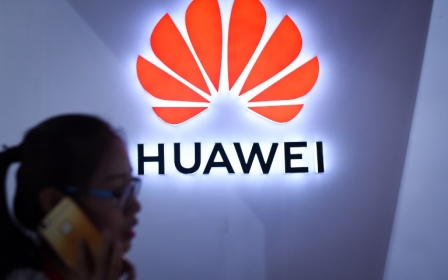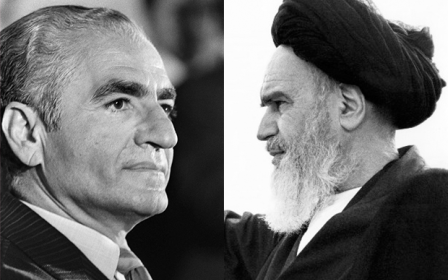US intelligence chiefs contradict Trump on Islamic State and Iran

US intelligence chiefs contradicted President Donald Trump's most fundamental foreign policy claims on the Islamic State (IS) group and Iran, underscoring a persistent division in his view of the world and theirs.
In a hearing on global threats at the Senate Intelligence Committee on Tuesday, the country's top spies took issue with Trump's assertion that the IS has been defeated, and Tehran is actively seeking nuclear weapons, the justification Trump gave for withdrawing last year from a multilateral treaty on Iran.
The hearing took place weeks after Trump cited a victory over IS to justify his sudden announcement of an immediate pullout from Syria - a move that alarmed the US defence establishment and allies in the Middle East.
Director of National Intelligence Dan Coats told the committee that the US intelligence community believes it is unlikely that IS may rise again from a security vacuum left by departing US forces, resuming global attacks and restarting its propaganda machine.
"ISIS still commands thousands of fighters in Iraq and Syria, and it maintains eight branches, more than a dozen networks, and thousands of dispersed supporters around the world, despite significant leadership and territorial losses," Coats said, using a different acronym for IS.
The directors of the CIA, FBI, National Security Agency and other intelligence agencies flanked Coats at the Senate Intelligence Committee hearing.
"China, Russia, Iran, and North Korea increasingly use cyber operations to threaten both minds and machines in an expanding number of ways - to steal information, to influence our citizens, or to disrupt critical infrastructure," Coats said.
On Iran, Central Intelligence Agency Director Gina Haspel told the hearing that the country is still abiding by the terms of the 2015 nuclear deal, despite Trump's decision to withdraw last year, claiming Tehran had broken it.
"At the moment technically they are in compliance" with the Joint Comprehensive Plan of Action, Haspel told lawmakers.
"I think the most recent information is the Iranians are considering taking steps that would lessen their adherence to JCPOA as they seek to pressure the European to come through with the investment and trade benefits that Iran hoped to gain from the deal."
There was no comment from the White House on the Coats report. But analysts said it showed a glaring divide that has existed since the beginning of Trump's term in 2017.
"A normal human being listening to the intel chiefs today on Iran and North Korea would conclude that Trump was dead wrong to withdraw from the JCPOA and dead right to negotiate with KJU even though zero nukes was magical thinking," said Aaron David Miller, director of the Middle East program at the Woodrow Wilson Center think tank in Washington.
Middle East Eye propose une couverture et une analyse indépendantes et incomparables du Moyen-Orient, de l’Afrique du Nord et d’autres régions du monde. Pour en savoir plus sur la reprise de ce contenu et les frais qui s’appliquent, veuillez remplir ce formulaire [en anglais]. Pour en savoir plus sur MEE, cliquez ici [en anglais].




